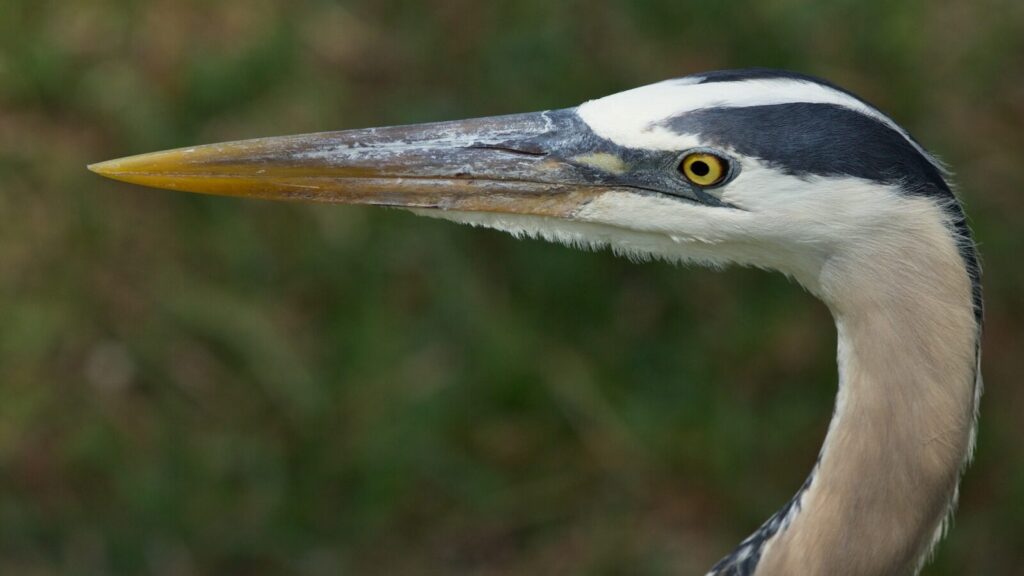

Happy Earth Day! We are proud to share with you a timeless message from the late E.O. Wilson to commemorate Earth Day, a global celebration of biodiversity, sustainability, and the conservation of our planet. Last year, Paula Ehrlich, CEO of the E.O. Wilson Biodiversity Foundation provided her thoughts on E.O. Wilson’s hopeful solution to the biodiversity extinction crisis on the Emmy-award winning PBS show EcoSense for Living. E.O. Wilson’s commentary was drawn from the PBS film Of Ants and Men.
“Evolution has equipped us with a terrible capacity for destruction. But also a sublime one for cooperation. We just have to decide which one we’ll honor. The key I believe is to reclaim our place in the natural world. …we belong to Nature.”
– E.O. Wilson
Now you can watch the entire interview featuring commentary by Dr. Ehrlich and Dr. Wilson below or online at EcoSense for Living.
Episode Note: The E.O. Wilson Foundation continues to lead the movement to preserve half the earth’s biodiversity. Ben Raines, a protege of E.O Wilson, shows us why the Mobile River basin has earned the title “America’s Amazon.” The Ocmulgee lands in Georgia could be a model for how a national park embraces the influence of the indigenous people.
The noted journalist and naturalist guide Ben Raines is also featured in this special Earth Day episode. Ben explores Mobile River Basin where E.O. Wilson grew up, taking us on a journey through the rich biodiversity of “America’s Amazon.” E.O. Wilson wrote in the foreword of Raine’s book “Saving America’s Amazon,” that manmade action on the central Gulf Coast has deteriorated the Delta and “may future generations appreciate and learn to conserve its timeless treasures.”
BONUS: Watch Alabama Public Television presents “America’s Amazon”
“America’s Amazon” presents a visually stunning look at the Mobile-Tensaw Delta in Alabama, covering everything from the ancient climatic forces that shaped its evolution to its remarkable biological richness to current developments that place increased pressure on its fragile ecosystems. The film was produced by Mary Riser, Lynn Rabren and Ben Raines.
Learn more about Ben Raines work.

